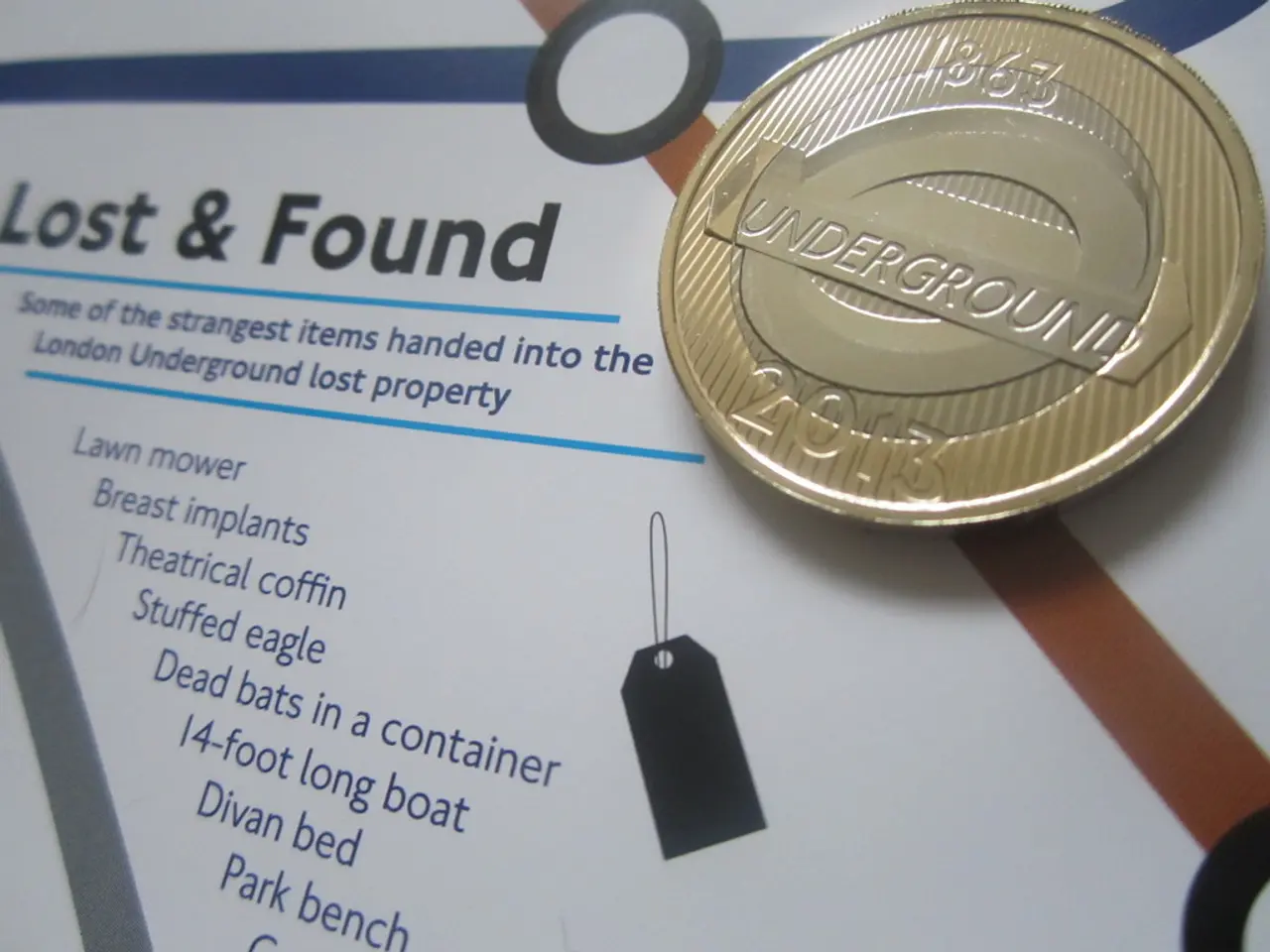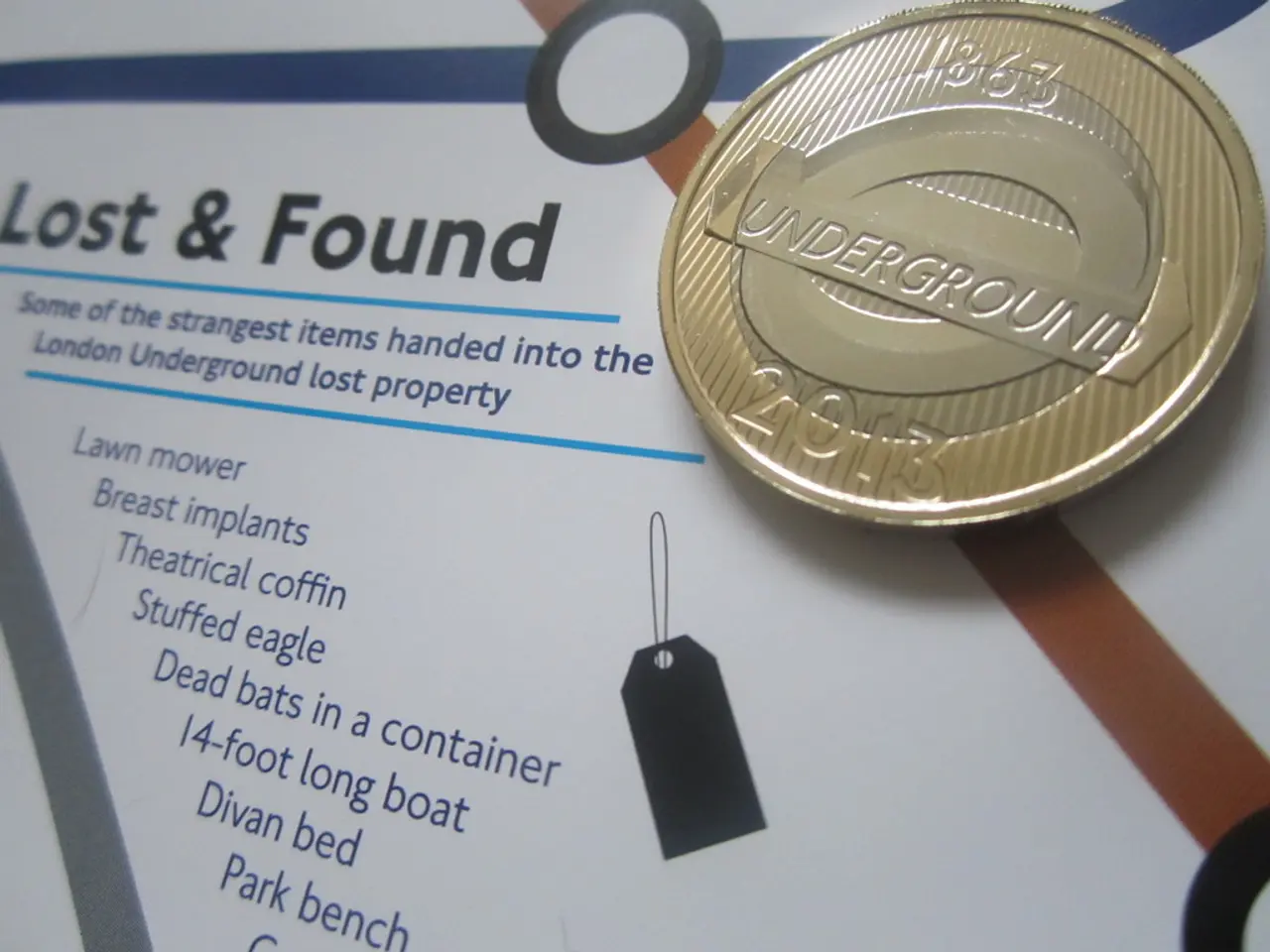Exploration of the Stablecoins Bill: Could Hong Kong Secure the Position as Asia's Leading Virtual Asset Center?
Hong Kong is set to become the first major international financial centre to enact comprehensive stablecoin legislation, with the new ordinance effective from August 1, 2025. The Stablecoins Ordinance, passed by the Legislative Council in May, aims to enhance financial stability, support regulatory oversight, and foster innovation in virtual assets while ensuring investor protection in Hong Kong's evolving stablecoin market.
Under the new ordinance, financial giants like Ant Group and Standard Chartered Bank are reportedly lining up for licenses to conduct stablecoin issuance in or linked to Hong Kong dollars. The key requirements for Fiat-Referenced Stablecoin (FRS) issuers include obtaining a license from the Hong Kong Monetary Authority (HKMA), maintaining a corporate structure as a Hong Kong incorporated company or an authorized institution under the Banking Ordinance, and dedicating sufficient resources exclusively to stablecoin activities.
FRS issuers must also have a realistic, concrete, and viable business plan with reasonable prospects of generating demand for the stablecoins, and maintain a minimum paid-up share capital of HK$25 million. Furthermore, they must have liquid assets sufficient to meet obligations as they fall due, and each stablecoin must be fully backed by high-quality, highly liquid reserve assets with minimal investment risks.
The reserve assets must be held under an effective trust arrangement with a licensed bank or qualified custodian acceptable to the HKMA, and must be in the same fiat currency as the stablecoin’s reference asset, with flexibility subject to HKMA approval. Stablecoin holders must not receive interest or interest-like incentives, and any income or loss from reserve asset management is attributed to the issuer, not to holders.
FRS issuers must also comply with anti-money laundering (AML) and counter-financing of terrorism (CFT) regulations, implement sound risk management, disclosure, and auditing standards, and adhere to guidelines issued by the HKMA. Only licensed stablecoin issuers, SFC-licensed virtual asset platforms, Type 1 licensed corporations, and Authorized Institutions can offer FRS in Hong Kong.
The HKMA has been granted extensive powers to investigate and enforce compliance, with certain breaches constituting criminal offences. The Stablecoins Ordinance provides clear redemption rights and legal protections for stablecoin holders, a feature absent from existing major stablecoins. Holders of regulated stablecoins have direct claims in the event of issuer insolvency, a protection learned from the 2022 crypto winter.
However, some concerns have been raised about the framework's restrictive nature, particularly its potential impact on the global stablecoin market dominated by USDT and USDC. The requirements for FRS issuers are comprehensive and stringent, which could inadvertently exclude entrepreneurial innovators who have traditionally been the driving force behind fintech advancement. This could particularly impact family offices and other institutional investors who regularly use these instruments for cryptocurrency transactions.
Despite these concerns, Hwang, a prominent figure in Hong Kong's financial industry, remains optimistic about Hong Kong's digital asset future. Hwang sees tokenization of traditional financial assets and digitalisation of national currencies, including the RMB, as key development areas for Hong Kong. To become a global leader in virtual financial assets/digital currency, Hong Kong needs to pave the way for greater institutional acceptance and adoption of VAs. Hwang looks forward to the expected VAOTC (Virtual Asset Over-the-Counter) regime for more latitude in cryptocurrency transactions.
In conclusion, the new Stablecoins Ordinance in Hong Kong represents a significant step towards regulating the stablecoin market, aiming to provide a stable, secure, and innovative environment for the development of this emerging asset class. While the requirements for FRS issuers are stringent, they are essential for ensuring investor protection and fostering confidence in the stablecoin market.
Lawmakers in Hong Kong are requiring compliance with strict regulations for businesses involved in stablecoin issuance, as stipulated by the newly enacted Stablecoins Ordinance. Notably, financial institutions like Ant Group and Standard Chartered Bank must adhere to these laws in order to obtain licenses for conducting stablecoin issuance within or linked to Hong Kong dollars.
Under these regulations, Fiat-Referenced Stablecoin (FRS) issuers are expected to maintain a minimum paid-up share capital of HK$25 million, adhere to anti-money laundering and counter-financing of terrorism regulations, and comply with guidelines issued by the Hong Kong Monetary Authority. These requirements are designed to foster innovation in virtual assets while ensuring investor protection in Hong Kong's stablecoin market.




